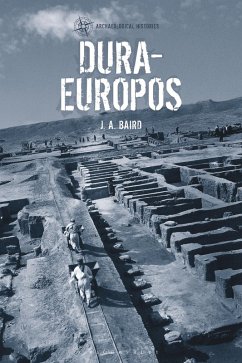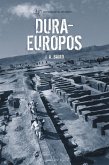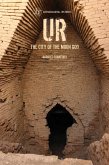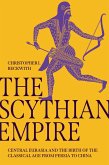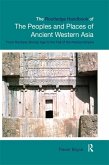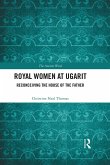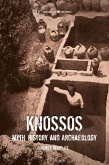Dura-Europos is one of Syria's most important archaeological sites. Situated on the edge of the Euphrates river, it was the subject of extensive excavations in the 1920s and 30s by teams from Yale University and the Académie des Inscriptions et Belles-Lettres.
Controlled variously by Seleucid, Parthian, and Roman powers, the site was one of impressive religious and linguistic diversity: it was home to at least nineteen sanctuaries, amongst them a Synagogue and a Christian building, and many languages, including Greek, Latin, Persian, Palmyrene, and Hebrew which were excavated on inscriptions, parchments, and graffiti.
Based on the author's work excavating at the site with the Mission Franco-Syrienne d'Europos-Doura and extensive archival research, this book provides an overview of the site and its history, and traces the story of its investigation from archaeological discovery to contemporary destruction.
Controlled variously by Seleucid, Parthian, and Roman powers, the site was one of impressive religious and linguistic diversity: it was home to at least nineteen sanctuaries, amongst them a Synagogue and a Christian building, and many languages, including Greek, Latin, Persian, Palmyrene, and Hebrew which were excavated on inscriptions, parchments, and graffiti.
Based on the author's work excavating at the site with the Mission Franco-Syrienne d'Europos-Doura and extensive archival research, this book provides an overview of the site and its history, and traces the story of its investigation from archaeological discovery to contemporary destruction.

